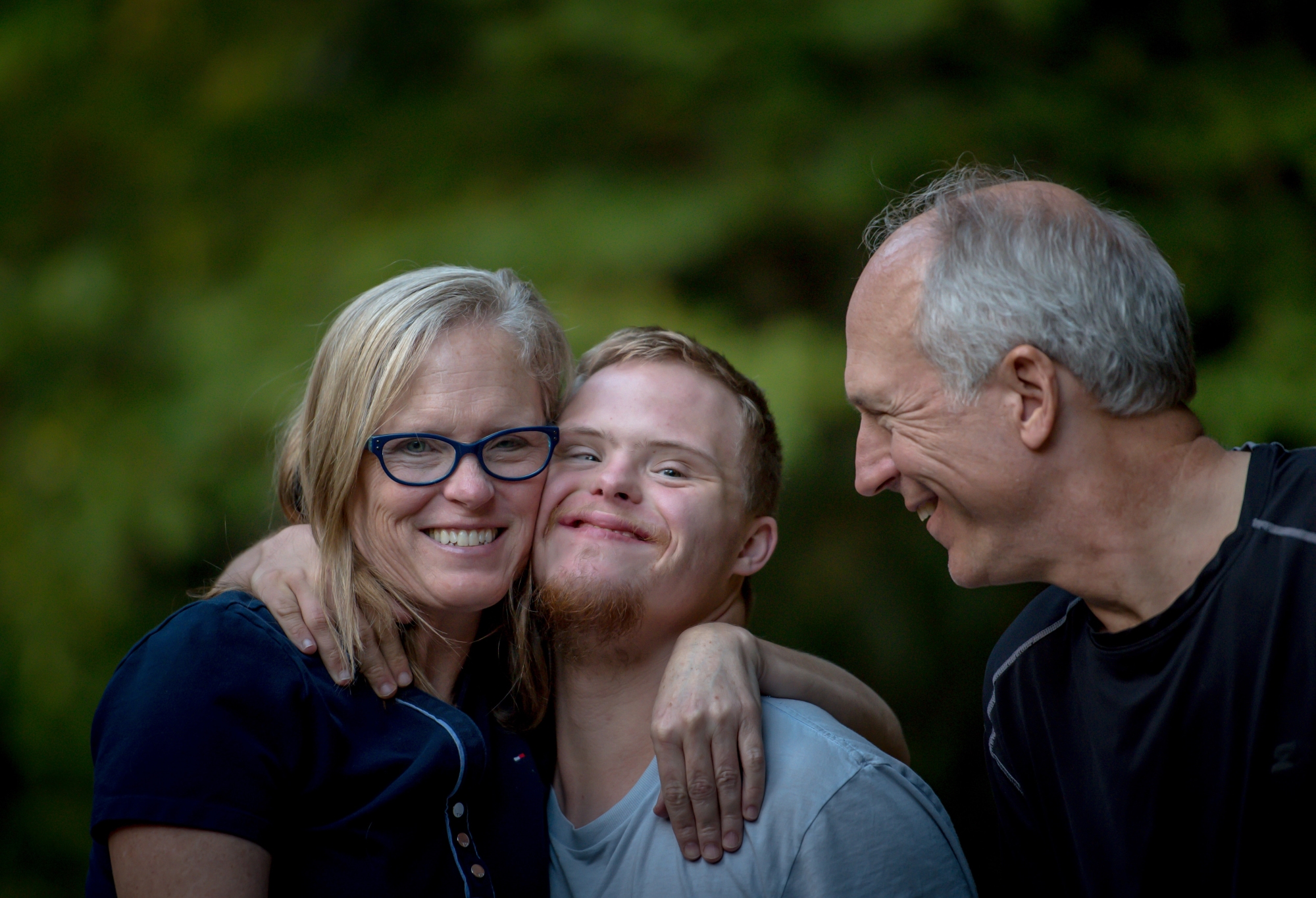Parents and other caregivers who gather their household members together regularly to discuss issues large and small, and about anything—chores, rules, or upcoming vacation activities—know that it is a fantastic way to get buy-in from kids. But that’s not the only benefit. Family meetings are important for parents raising children as well as adults being cared for by others. This article explains four great reasons to hold family meetings.
1. Family meetings can improve communication skills.
When adults come to family meetings with the mindset of modeling and fostering understanding, children get to observe adults communicating in a healthy way. Additionally, they have the opportunity to model the same behaviors on the spot. Asking thoughtful questions to get more information (as opposed to making snap judgments about something), active listening (repeating what was just said to show understanding), and showing respect to the person speaking (not interrupting) are all healthy communication patterns that children can absorb in a family meeting. Best of all, these skills transfer to situations outside of the home, such as in interactions at school, in clubs, and on the playing field.

2. Family meetings foster empathy in a safe space.
While most children are quick to think of their own needs, it’s important for children to learn that theirs is not the only experience happening at a given moment in time. For example, a second-grader, at the end of a long day of school, feels too exhausted to climb the stairs to his bedroom to put away his backpack. Instead, he drops it in the entryway. Later, mom or dad trips over it, gripes about it for the third time that week, and it gets forgotten. In the context of a family meeting, how that situation feels for a parent, who comes home from a long day at work and still has work to do around the house for others, like cooking dinner and laundry, the idea that everyone doing a little, means no one is doing a lot, can really sink in.

3. Family meetings can be empowering (in an age-appropriate way).
When children are allowed to offer suggestions and solutions to family situations in a safe and productive way, the natural consequence is a feeling of achievement and accomplishment. For children, being involved in problem-solving in situations that affect them every day also lends a sense of age-appropriate responsibility to their plate. Children who feel powerless in their environment are much more inclined to act out, including throwing tantrums or refusing to cooperate at important times like mealtimes and bedtimes. Calling a family meeting, where attendance is mandatory, sends the message that children are accountable, yet valued, and reminds them of the important role they play in how their family functions.

4. Family meetings reinforce that families come in all shapes and sizes!
No matter what the configuration of a household, whether the adult caregiver in a home is an aunt or uncle, grandparent, single parent, or older sibling, a family is a family. Especially in non-traditional households, a family meeting might be even more important, because it helps all members of a household feel connected to one another, but also gives kids a connection to their peers, whose families may look much different than theirs. The make-up of a family may look different in one house than it does in another, but children can reap the benefits of a family meeting no matter who the leader in their household may be.

It is never too late, or too early to create a sense of interconnectedness in a household by making time for regular family meetings. As people age, it is just as important for all members of a household to come together and establish guidelines for how the household should be run, including households with long-term caregivers, or in preparation for long-term care. Including all stakeholders is the key to reaping the rewards of family meetings.
If you have questions about long-term care coverage or how NPFBA can help serve you, feel free to reach out to us via our website, phone, or email!




